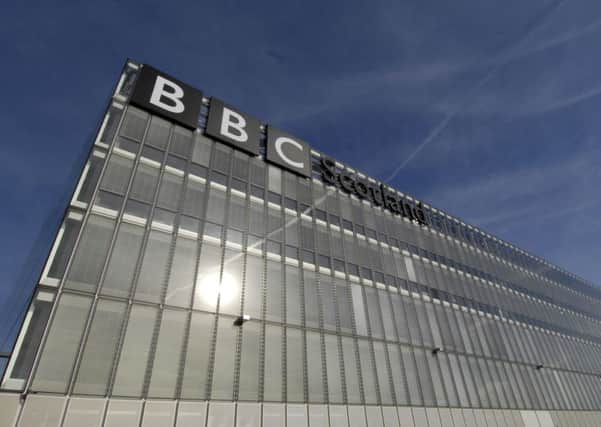Scottish independence: what would happen to the BBC?


Political positions
In its white paper on independence, the Scottish Government outlines three priorities for broadcasting in an independent Scotland - there should be more programmes made in, and about, Scotland, current channels broadcast in Scotland should remain available, and Scottish viewers should not pay any more than they do at present as a result of independence.
To achieve the first and last of these goals, a Scottish Broadcasting Service (SBS) has been proposed, using the BBC’s current Scottish assets and staff and funded primarily by TV licence fees as under the current system. The Scottish government estimate the service will be funded to the tune of £345 million a year, with “no necessity” to raise money through advertising.
Advertisement
Hide AdAs for access to BBC services, the white paper proposes a formal deal between SBS and BBC, allowing Scots access to BBC services in exchange for providing the BBC with Scottish-produced programming.
Earlier this year Danny Alexander, the UK Chief Secretary to the Treasury, said he was “very sceptical” of the proposals, but admitted that there would be discussions following a ‘Yes’ vote during which the Scottish Government could argue its case.
Pros and cons of the SBS plan
Supporters of a separate Scottish broadcaster argue that Scotland faces a ‘democratic deficit’ if it is left to rely on BBC broadcasts, particularly in news and current affairs.
In a New Statesman piece earlier this year, former BBC correspondent Angus Roxburgh wrote: “The BBC’s priorities and allocation of airtime reflected... the UK as a whole (read England), so we in Scotland had to suffer wall-to-wall Farage even though before the campaign his party barely registered in opinion polls north of the border.”
David Elstein, the Chairman of the Broadcasting Policy Group, has argued that a version of the SBS should be set up from BBC assets, leaving Scotland with a home broadcaster and protecting the BBC. Elstein warns that the corporation could end up with assets in Scotland that it would find difficult to utilise in the event of independence, which would pose a problem for Scotland and the rest of the UK.
Elstein suggests that the BBC should encrypt its broadcasts in Scotland and charge those who wish to watch them a small fee, with Scots also paying a reduced licence fee for Scotland-specific programming from the SBS.
Advertisement
Hide AdFormer BBC director general Lord Birt has claimed that the SBS would have “limited means” and suggested that Scotland could not expect a special deal from the BBC for programming, instead paying commercial rates for key shows.
Examples
Cross-border co-operation in broadcasting already exists in Scotland - STV and ITV operate in a partnership where STV pays a set fee for ‘network’ programming while producing much of its own content in news, drama and factual programming. ITV pays for the costs of producing its schedule, while taking charge of selling the channel’s advertising inventory. The two broadcasters have had a mixed relationship - in 2011 STV and ITV reached an out-of-court settlement after suing and counter-suing over budget contributions and advertising sales.
Advertisement
Hide AdARTE is an example of a broadcaster funded by two countries at the same time - the public service channel broadcasts original programming on either side of the France-Germany border. Licence fees in the countries pay for its upkeep.